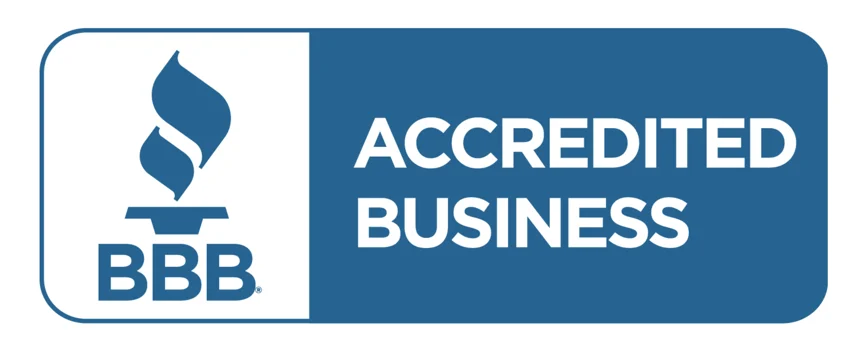How to Stop a Tax Foreclosure
Mar 22, 2019 | Hometown Development
Tax foreclosure is a scary thought for most homeowners. Since many tax foreclosures happen to homeowners who own their home outright and owe nothing to the bank, it can be a surprise to hear your home is in danger. If you’re at risk of tax foreclosure in West Michigan, here’s what you can do to stop it:
What is a Tax Foreclosure?
A tax foreclosure happens when a property owner has not paid their property taxes, and the county seizes the property.
How Does Tax Foreclosure Work in Michigan?
In Michigan, the tax foreclosure process takes three years from the time a property owner stops paying taxes. For example, let’s say a homeowner stopped paying their taxes in 2017. On March 1, 2017, the county will record that property as being tax delinquent. If the property owner continues not paying property taxes, the county will seize the property on March 31, 2020.
There are a number of steps between those three years, and the county is required to notify you of tax delinquency multiple times in those three years. If you recently received a notice of property tax delinquency, you might be wondering how you can stop a tax foreclosure.
How Can I Stop a Tax Foreclosure?
The Michigan tax foreclosure process is long, which means you have plenty of time to avoid a tax foreclosure if you can pay your property taxes. Here are a few ways to stop a tax foreclosure:
Pay Back Taxes in Year 1
If you’re able, it’s best to pay back any missed taxes in the first year of tax delinquency. If you can pay before March of the second year, it’s a little easier to stop the foreclosure process. The county will add a 1% monthly interest rate to the amount you owe, but in the first year you can pay back those taxes gradually if you’re unable to come up with all of the money at once.
Pay Back Taxes in Year 2
If you were unable to pay back the property taxes you owe in the first year, you still have a chance to avoid tax foreclosure. In year 2 of a Michigan tax foreclosure, your home is considered in the “redemption” phase.
According to the county, by not paying your property taxes you have forfeited your home. You can still live in your home at this point, but to redeem your home, you have to be able to pay back all taxes and fees in one lump sum.
Sell Your Home
Property tax foreclosures aren’t always easy to get ahead of. If you’re struggling to come up with the money to pay owed property taxes in full, it might be in your best interest to sell your home. Selling can give you the money you need to pay back those property taxes, and save you from having a foreclosure on your credit. If you own your home outright, it’s likely that you can even get enough to have a little cash leftover that will help you get started somewhere new.
When Is My Last Chance to Stop a Tax Foreclosure?
March 31st of the third consecutive year of unpaid property taxes.
If March 31st is drawing near, and you haven’t been able to pay back taxes or sell your home on the market, an as-is sale for cash might be the right option for you. Real estate investors can close in as little as 5 days, ensuring your taxes are paid off right before that March 31 deadline. Since as-is sales can be closed with cash, you’ll also end up with the money you need to move on in your pocket in just days.
Tax foreclosures are scary, but Michigan’s three-year redemption process helps give you a little time to figure out what to do.







